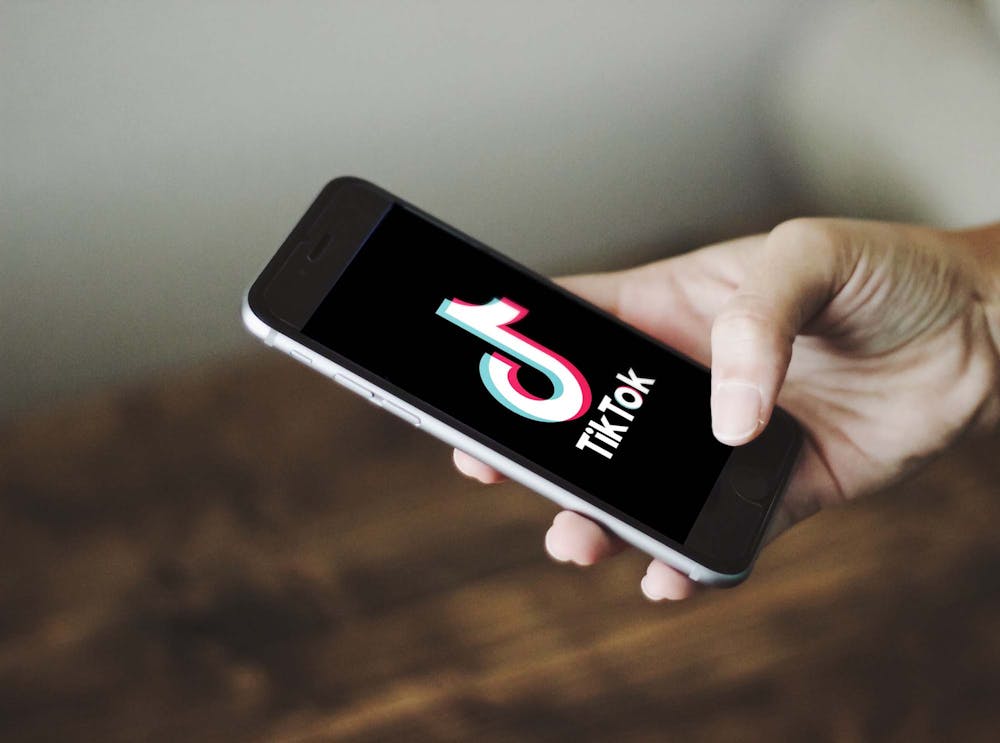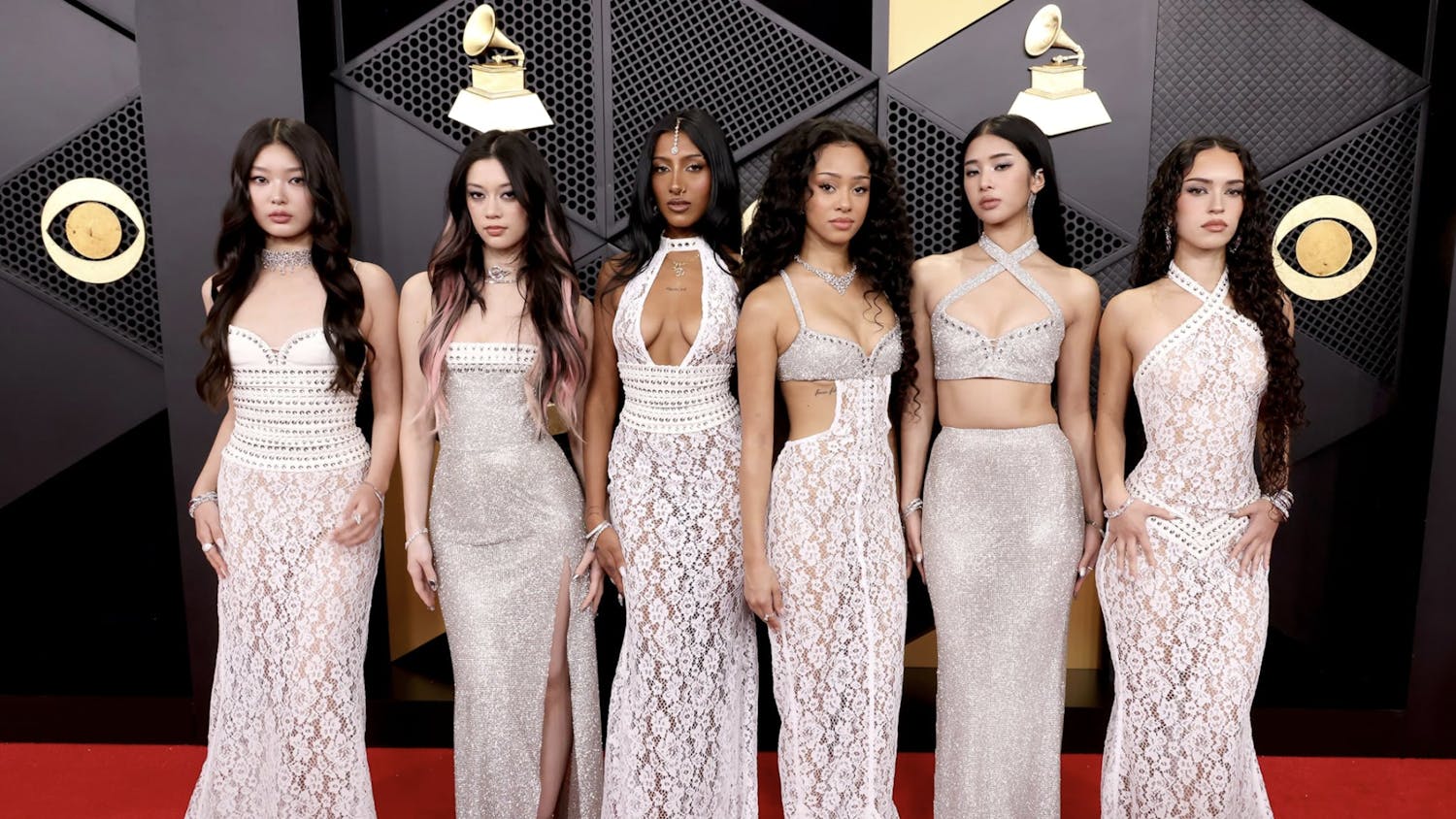By Kate Zydor
Opinions Editor
All you have to do is go on TikTok or Instagram for two minutes to realize that the internet is where you can find both the funniest and rudest, and I venture to say the vilest humans on the planet. Want to share photos of your cute baby? How about your amazing new make-up routine or a wholesome video of you and your significant other in the hopes of making people smile?
Well, in today’s society, there is a widely held belief that if people choose to post themselves on social media, they are deserving of any criticism that results from them having an online presence, even an assault on their very existence. It has become commonplace to attack people through social platforms based on qualities that can be construed as “irritating.”
While it may be true that influencers and public figures invite the opinions of others by holding a platform, users of apps like TikTok and Instagram have turned to tearing others down as entertainment. It is baffling that grown adults and a population of youth, educated on the dangers of cyberbullying, have adopted the mentality that what you say online does not define you as a person.
As you’re scrolling on social media, check the comments section of any video or picture posted by someone with a large following. There will undoubtedly be comments unrelated to the content of the post itself, spewing vile messages about the person’s appearance, lifestyle and even their family members.
Take Taylor Swift as an example. I recognize that this is an unpopular opinion, but I am not a fan of Taylor Swift’s music, nor do I have an interest in her day-to-day life. However, why would my distaste for her music translate into my hatred for her as a human being? When I come across posts from or about her on social media, I simply keep scrolling because she is not a celebrity that piques my interest.
Contrary to this, some people relentlessly attack her online for a multitude of reasons, ranging from her dating history to the dislike of her most recent album. It has gone so far that now, Swift has limited the comments on her Instagram posts likely to avoid this bullying.
It’s not just teenagers who are leaving these hateful comments, but also middle-aged individuals with children, corporate jobs and a multitude of responsibilities. Why are these people wasting their valuable time using social media to destroy another person’s sense of self?
The most ironic thing in all of this is that celebrities like Taylor Swift have no idea who these people are that comment on their posts. Just as she doesn’t know them, how could they possibly know what she is actually like as a person behind closed doors? At the end of the day, influencers and public figures are human beings who feel the same emotions as everyone else.
I don’t believe that there is a clear-cut explanation for this phenomenon. Although it’s cliché, many of these individuals are unhappy with their lives to the point that they use the comments section as a form of release for their pent-up anger. Under these circumstances, this behavior is not justified but easily explained.
But what about those who are content with their lives and still engage in these harmful practices? When confronted with another person face-to-face, a majority of people will think twice before inflicting their negative feelings upon a perceived or real adversary to avoid seeing their reaction. On social media, this isn’t a concern. Harm can be done to others with a click of a button, and you never have to see the person's reaction on the receiving end.
With social media and our online footprints becoming bigger parts of our lives, how we “live” in these arenas will no doubt define us as a human race. There is no question as to why depression and anxiety are more prevalent than ever – especially in young people. The desire to fit in online coupled with the threat of negative comments and cyberbullying makes every post a major life decision.
The “average” person on social media is not solely to blame for this culture shift. Politicians are publically engaging in this behavior every day. It is impossible to advocate for a cause without being ruthlessly attacked for whatever beliefs you hold. No longer can we have a dialogue about an issue.
The most important thing for people to remember when engaging on social media is that they must maintain the standard of civility that they hold themselves to in the real world. Only then can progress be achieved in eliminating this cruelty. Before we book another motivational speaker to come to a high school and lecture kids on the dangers of cyberbullying, we must examine the example that we as educated adults are setting for the next generation.
When we’re tempted to laugh or make a joke out of the hate that another human being is experiencing, we must remember that it’s a proven fact that kids mimic what they see. On this issue, it is no longer ok to say, “Do as we say, not as we do.” Let’s do better.







